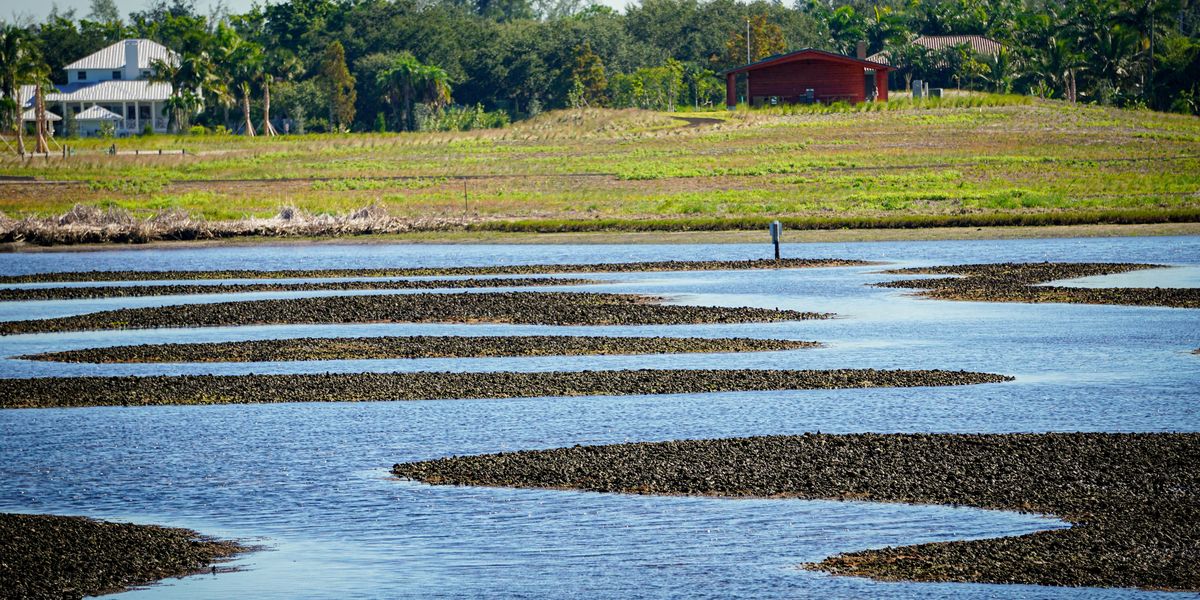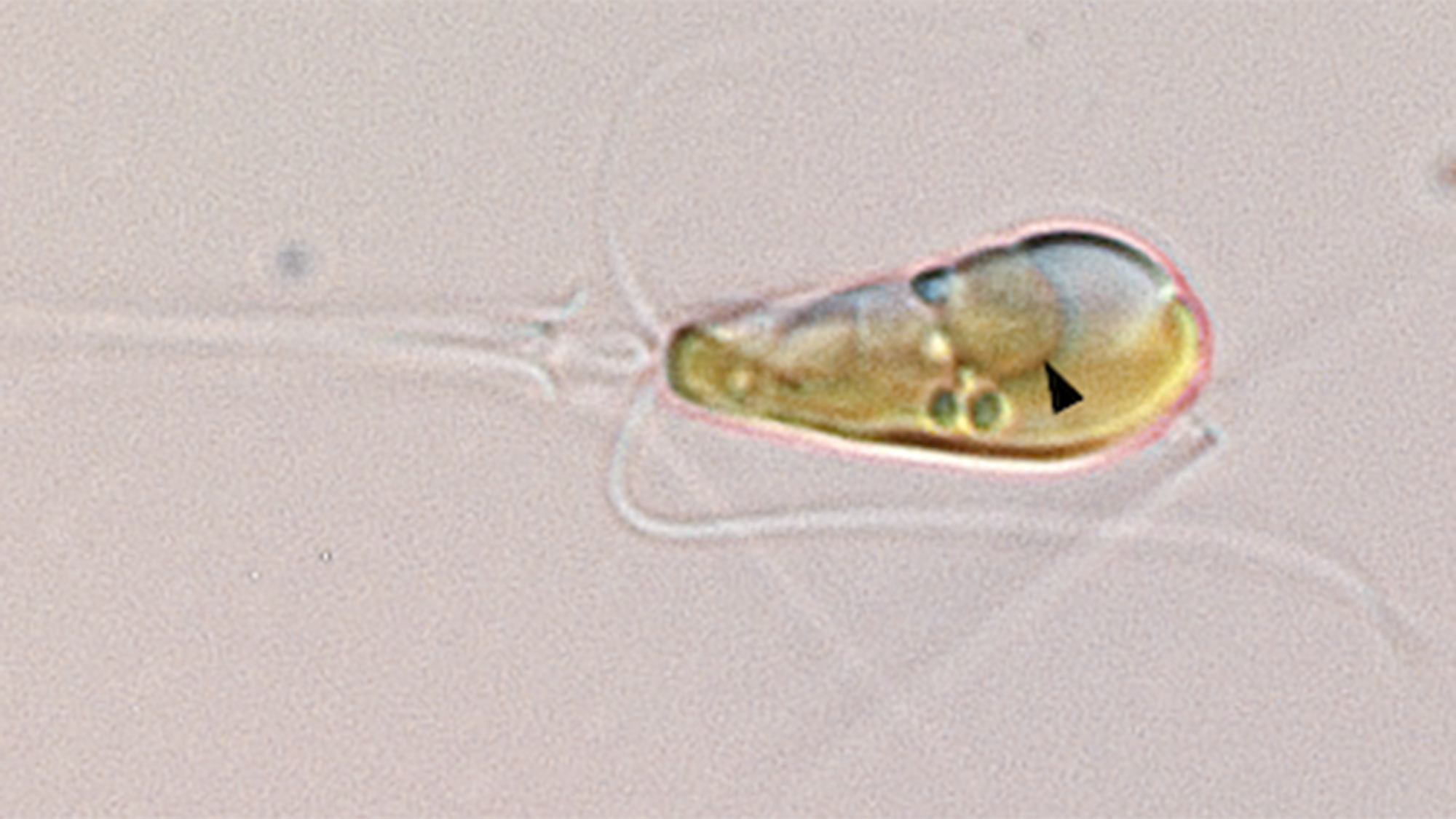- Going Zero
- Posts
- The NBA's 🏀 Sustainable Future - An Interview With Danielle Doza of the Cleveland Cavs
The NBA's 🏀 Sustainable Future - An Interview With Danielle Doza of the Cleveland Cavs
Listen to our podcast: Spotify or Apple Music
Table of Contents
Driving Sustainable Practices to 2 Million Sports Fans
On this week’s episode of the GoingZero podcast, we sit down with Danielle Doza, the VP of Sustainability and Environmental Sciences for the Cleveland Cavaliers and Rock Entertainment Group - the first senior sustainability role in the NBA.
Danielle shares her pioneering journey in the NBA and the vision for introducing sustainable solutions to the 2 million sports fans that visit every year.
Here are your 3 key takeaways from our latest episode:
✅ Integration is Key: Danielle highlighted the importance of weaving sustainability into every facet of operations—from planning events with a green team to donating leftover materials to local charities and shelters.
✅ Sports as a Sustainability Champion: By planting a tree for every 3-pointer scored and partnering with community organizations, the Cavaliers are showcasing the power of sports platforms to inspire environmental action.
✅ Sustainable Investments Pay Off: The Cavaliers' commitment to sustainability goes beyond just principles; it is embedded in their operational and financial strategies, proving that investing in green initiatives leads to long-term savings.
Listen to our podcast: Spotify or Apple Music
The recent data indicating that carbon dioxide levels have reached 419 parts per million—a 50% increase since pre-industrial times—highlights an urgent need for global emission reductions. The direct correlation between CO2 concentrations and global warming is clear, and our current trajectory poses severe risks for climate stability. The persistent rise in CO2, coupled with escalating global temperatures, underscores the necessity of swift, substantial action towards zero emissions. We must increase investment in renewable energy and enforce emissions regulations to safeguard our planet's future.
Clean energy advancements are promising, but the pace of reduction is critically lagging behind the rate of increase in energy demand and emissions from fossil fuels. To achieve these reductions, businesses can take several proactive steps. These include investing in energy-efficient actions reducing the amount of energy used, shifting towards renewable energy sources like solar and wind, and enhancing waste management practices to reduce methane emissions. In most cases, these actions can also be cost savings opportunities.
Restoring oyster reefs with shells and larvae
A positive news story for this Earth Day.
Oysters significantly enhance water quality by filtering up to 50 gallons each per day, removing harmful pollutants and preventing detrimental algae blooms. This filtration is crucial for maintaining biodiversity and healthy marine ecosystems. By returning used oyster shells to aquatic environments rather than disposing of them in landfills, we recycle valuable resources that facilitate new oyster growth and support marine biodiversity. This sustainable practice helps continue the beneficial cycle of water filtration and habitat creation, crucial for ecosystem health and reducing landfill waste.
Two Lifeforms Merged Into One
There are three known instances of primary endosymbiosis, or the merging of two life forms into one organism, in the history of the planet.
The first known instance lead to the creation of the mitochondria, or the power plant of the cell, and the second known event created chloroplasts that allow plants to harvest energy from sunlight.
Scientists recently discovered a third event that allows algae to fix nitrogen directly out of the air and combine it with other elements to create more useful compounds. They believe this organism began to evolve about 100 million years ago and are exploring how its attributes may be applied in agriculture. An example of the amazing complexity and wonder of life to interact, evolve and shape the environment.
The Global Coral Reef Bleaching
Warming oceans are threatening the viability of coral reefs across the globe.
This article highlights that coral reefs in all oceans are threatened by higher water temperatures that cause bleaching events and possible widespread mortality. Coral reefs support an estimated 25% of all marine species and their diminishing health will have great consequences for marine life and food availability.
Oceans are especially vulnerable to global warming as they absorb excess heat readily and with more longevity than air. Higher ocean temperature not only threaten life with heat, but also higher levels of acidity and lower levels of oxygen.
Read the full article.
Learn More
GoingZero.org is a not-for-profit educational resource sponsored by Emerald Ecovations. If you enjoyed this newsletter and want more sustainability content like this:
Follow us on LinkedIn (link below)
Subscribe to our podcast (links at the top)
Visit our website




